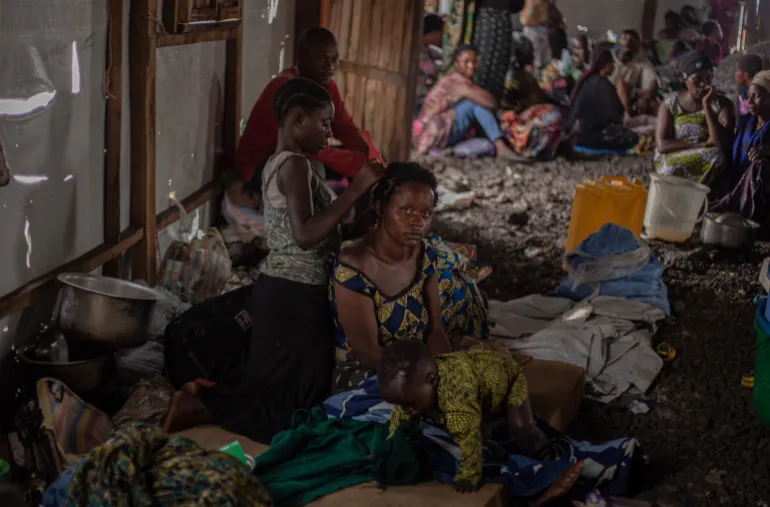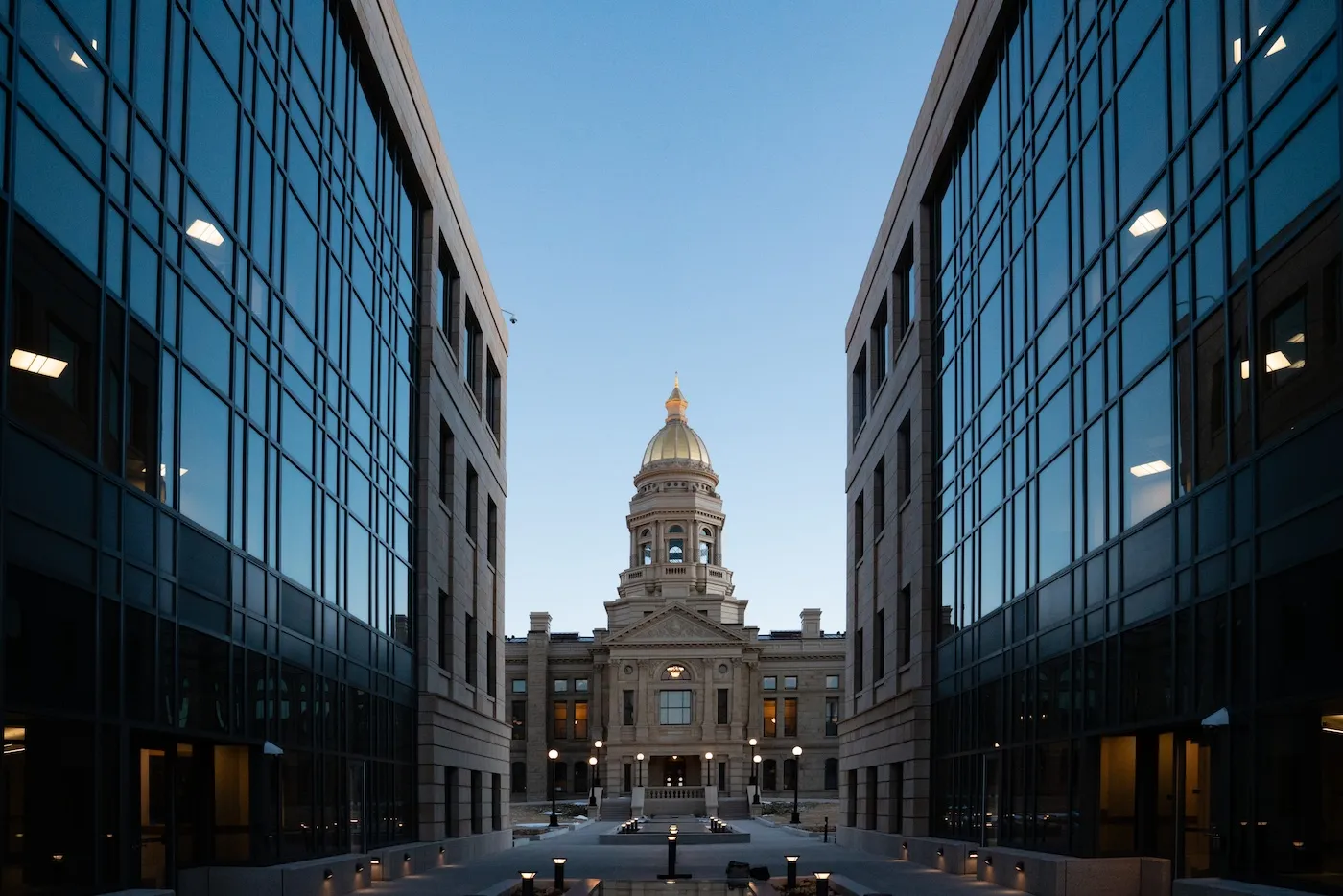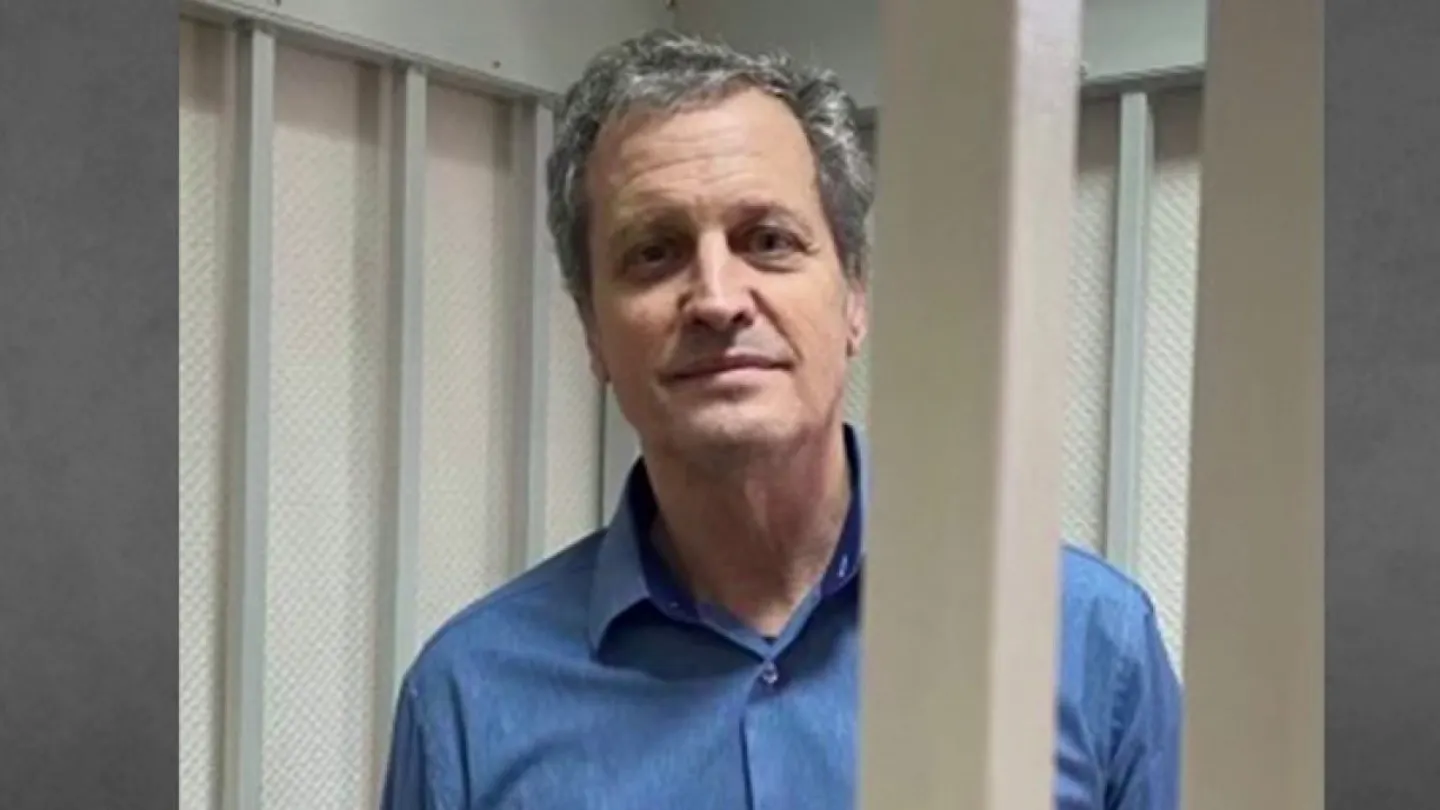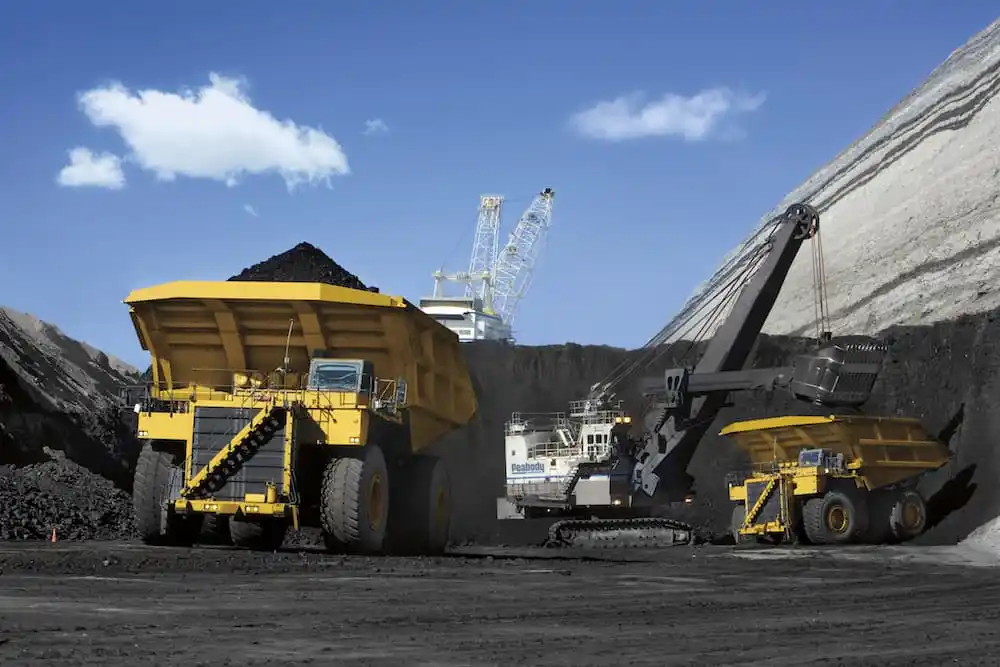Wyoming’s Push to Roll Back Carbon Capture Efforts Faces Setback
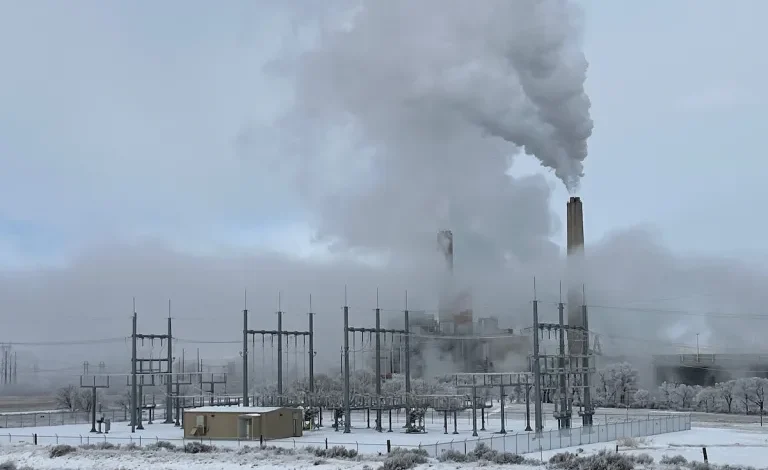
Wyoming lawmakers recently introduced two bills aimed at scaling back the state’s carbon capture policies, but both have stalled in legislative committees, signaling a faltering effort to shift the state’s energy strategy.
The bills, which were met with significant public comment, were ultimately withdrawn from consideration after failing to garner support within the committees.
The two proposed measures were House Bill 209, which sought to repeal certain carbon capture standards, and Senate File 92, a bill colloquially known as the “Make Carbon Dioxide Great Again” initiative. Both bills were introduced by conservative lawmakers, including Rep. Christopher Knapp of Gillette and Sen. Cheri Steinmetz of Torrington. Their goal was to counter the state’s emphasis on reducing carbon dioxide emissions, particularly from its coal industry, and to preserve Wyoming’s fossil fuel legacy.
The bills targeted policies that had been established under Governor Mark Gordon’s administration, which included mandates for utilities to explore carbon capture technology for coal-fired power plants. These policies aimed to ensure that Wyoming’s coal industry remained viable in a market increasingly focused on reducing emissions. Proponents of the bills argued that removing these regulations would reduce costs for ratepayers and allow the state’s fossil fuel industry to thrive without the constraints of environmental mandates.
However, opposition from various stakeholders, including mining groups and ranchers, complicated the bills’ progress. Many industry representatives expressed concern that repealing carbon capture mandates could undermine Wyoming’s efforts to adapt to growing market demand for cleaner energy sources. Wyoming Mining Association Executive Director Travis Deti testified in favor of maintaining carbon capture efforts, emphasizing that the coal industry’s future depends on meeting emission standards set by other states that purchase Wyoming coal.
Furthermore, some agricultural producers, particularly ranchers, voiced concerns about the economic impacts of abandoning carbon capture technologies. Many ranchers have signed agreements to store carbon dioxide underground as part of a broader effort to profit from carbon storage projects. Albin rancher Ron Rabou argued that, despite debates over climate change, the state could benefit from these ventures and boost its economy by embracing the carbon capture and storage industry.
Sen. Cheri Steinmetz’s “Make Carbon Dioxide Great Again” bill faced criticism for its stance that carbon dioxide should not be classified as a pollutant and its emphasis on keeping emissions at current levels. This bill was particularly controversial due to its challenge to widely accepted scientific consensus on climate change. Climate change activists and concerned citizens voiced strong opposition, with individuals like Goshen County resident Katheryne Earl testifying that carbon dioxide emissions contribute to climate change, as evidenced by extreme weather events like wildfires and hurricanes.
Despite strong support from some lawmakers, these two bills failed to advance through their respective committees. House Bill 209 was sidelined in the House Minerals, Business and Economic Development Committee, while Senate File 92 died in the Senate Minerals Committee. Although the bills were not debated in detail, they sparked intense discussions about Wyoming’s energy future, particularly in relation to the state’s fossil fuel industries and efforts to meet the evolving demands for cleaner energy.
Both bills have now been effectively put on hold, but the issues they raised are expected to resurface in future legislative sessions. Some lawmakers are exploring ways to adjust Wyoming’s carbon capture policies, while others continue to advocate for greater flexibility for the state’s energy industry. In the interim, Wyoming is also considering alternative energy measures, including proposals to restrict the development of large wind and solar projects in the state.
With input from Wyo File, Wyoming Public Media.

